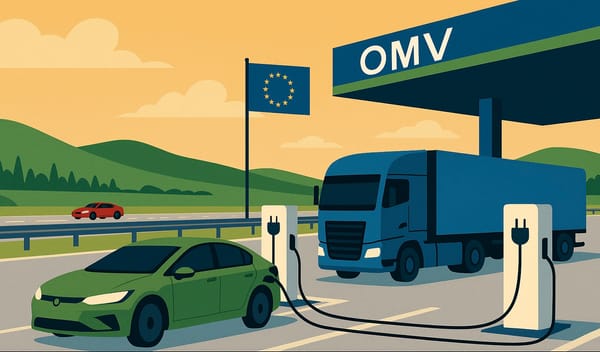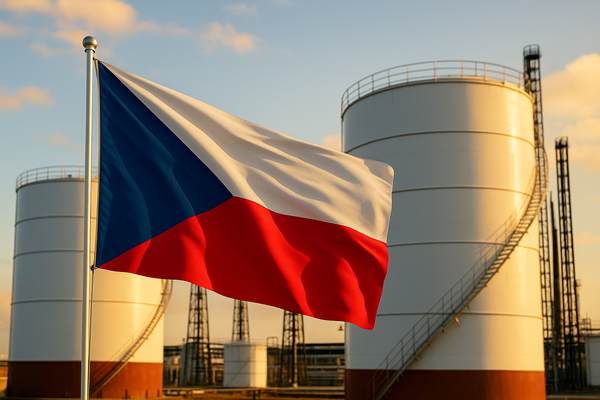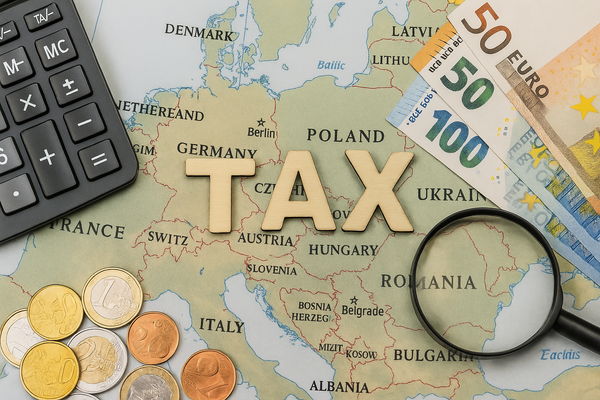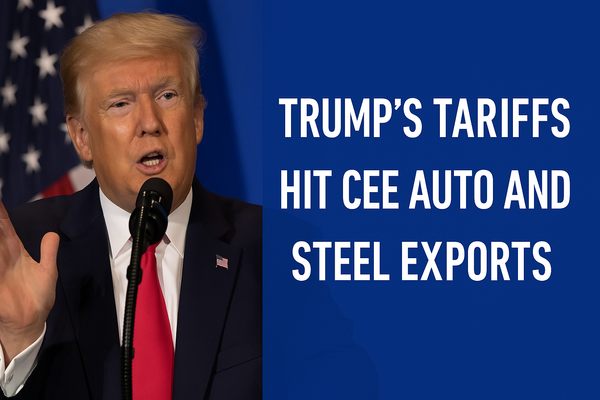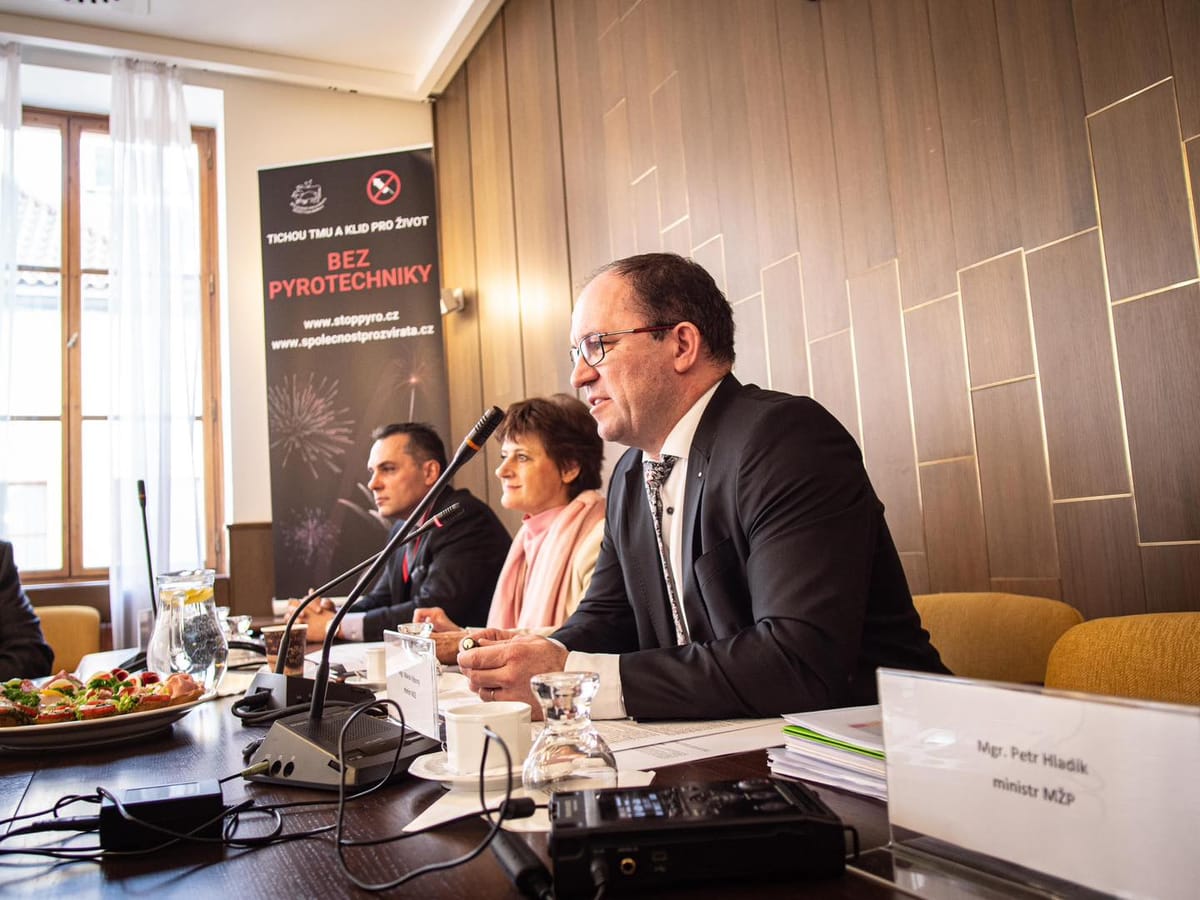
CEE countries push for Russian grain ban
Czechia and Poland are campaigning to stop the importing of Russian and Belarusian grain into Europe, and the former country will formally propose a ban at the European Council meeting on Thursday and Friday, Czech Agriculture Minister Marek Vyborny said.
“Conditions must not mean failing to look after the land and landscape, but also not jeopardising Europe’s competitiveness globally,” Vyborny wrote on Facebook.
Ban would not inflate food prices – minister
EU leaders have vowed to address concerns raised by farmers, with Ukrainian and Russian grain surpluses as well as falling prices on the agenda.
“Czechia has surpluses for export. There was a surplus harvest worldwide,” he said, adding the move would not represent any risk of significant food price rises.
“Russian or Belarusian commodities have no place in Europe,” Vyborny argued, adding that “nobody should support an aggressor by buying grain from it. We will push for cereals and oilseeds to be on the sanctions list,” Vyborny added.
Poland considers unilateral ban
Polish Prime Minister Donald Tusk is now mulling a unilateral trade ban on Russian agricultural imports, as its fellow Central and Eastern Europe (CEE) country Latvia did in February. Meanwhile, Polish Agriculture Commissioner Janusz Wojciechowski said “when Russia uses food as a weapon, we must react.“
Vyborny could also raise a potential grain ban at the Agriculture and Fisheries Council on 26 March, Euractiv wrote.

